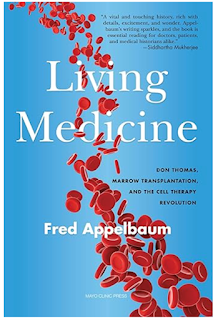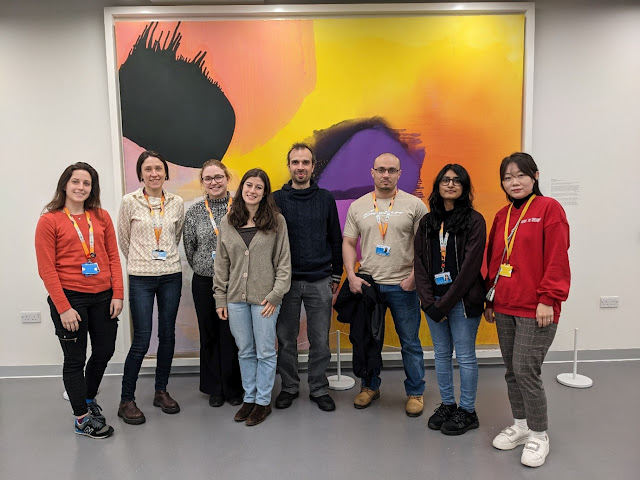ISEH 2023 Annual Scientific Meeting – Highlights from the New Investigators Committee

The 52nd ISEH Annual Scientific Meeting took place at the New York Marriott at the Brooklyn Bridge from 17-20 August 2023. Our Annual Scientific Meeting brought together more than 540 scientists and ISEH members from 25 different countries from around the world. This meeting in New York City was planned for 2020, but it had to be postponed due to the COVID-19 emergency. After three years, we finally got to roll our suitcases down the streets of NYC, which is a fantastic playground for networking. We were extremely happy and grateful to bring the community together again! The Science The meeting included many events that were targeted to a broad audience of scientists at various stages of their careers (from trainees to PIs). We had 31 invited speakers, 26 short talk presenters, 15 featured poster presentations and 217 poster presentations. The scientific sessions covered a wide range of topics from the molecular mechanisms of developmental and adult hematopoiesis, the role of the micro...


